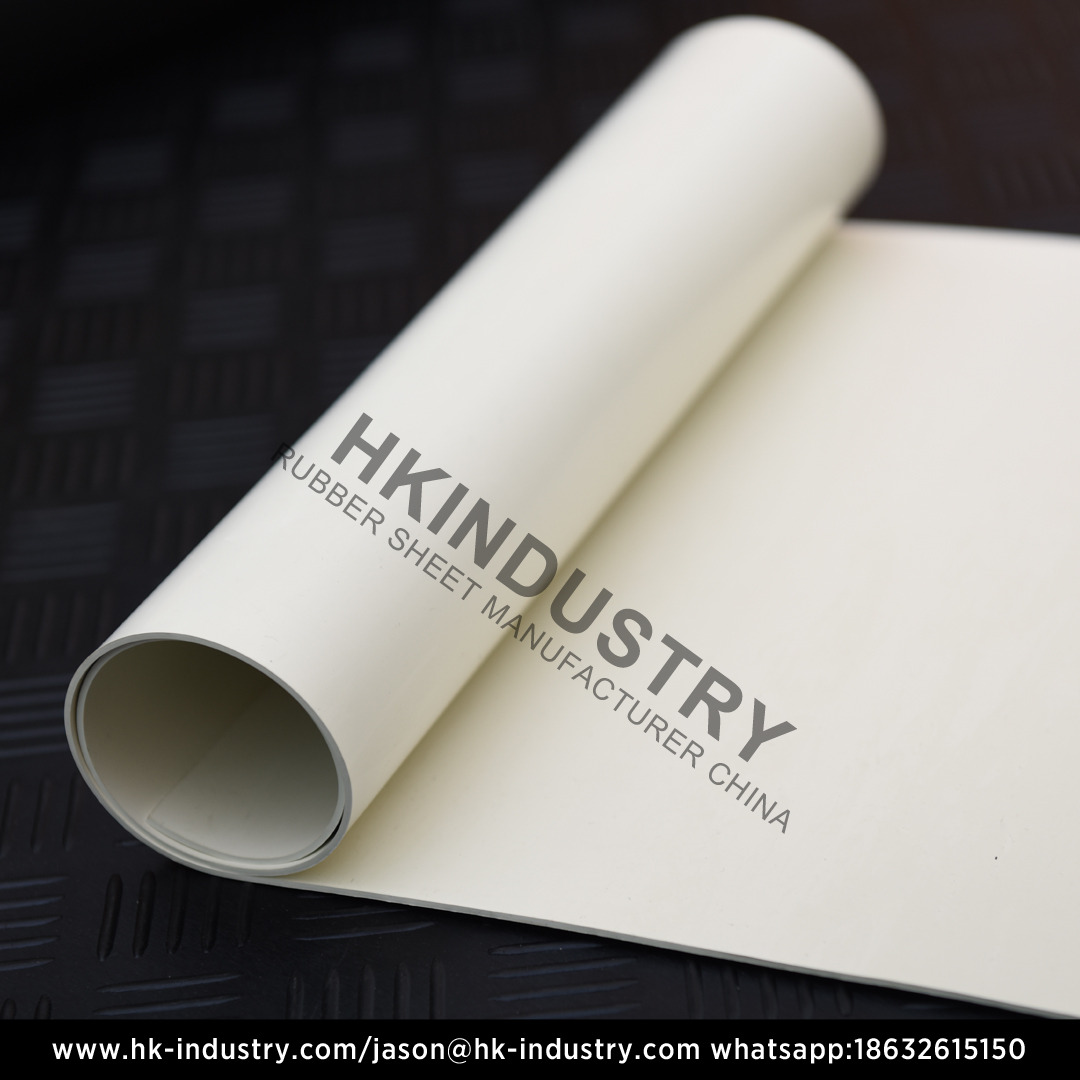Water damage is a big problem for buildings. It can cause mold, rot, and structural issues. That’s where rubber sheets come in.
They are a great way to keep water out and control moisture. In this blog, we will discuss about how rubber sheets help with waterproofing and moisture control in homes and businesses.
What Are Rubber Sheets?
Rubber sheets are thin, flexible pieces of rubber. People use them to create a barrier against water. They are tough and can last for a long time.
Rubber sheets are made from different types of rubber material. Some are made of natural rubber, which comes from trees. Others are synthetic, and made in factories. Every kind has unique characteristics of its own.
Rubber sheets also come in various sizes. You can buy small pieces or big rolls. Some rolls are so large that they can cover a whole roof.
How Rubber Sheets Work?
Rubber sheets work by creating a waterproof layer. When you put them on a surface, they stop water from passing through. It’s like putting a raincoat on your building.
You can glue them down or sometimes just lay them in place. The edges often overlap to make sure there are no gaps where water could get in.
In simple terms, are like a thin, flexible, waterproof blanket for buildings. They protect against water damage and help control moisture in many different situations.
Uses of Rubber Sheets in Homes
- Basements
Many homeowners use rubber sheets in their basements. They put them on the walls and floors. This keeps the basement dry and prevents mold growth.
- Bathrooms
Rubber sheets are great for bathrooms, too. They go under tiles to stop water from seeping through. This protects the wood or concrete underneath.
- Roofs
Some people use rubber sheets on flat roofs. They cover the whole roof to keep rain out. This is especially useful in areas with lots of rain.
Uses of Rubber Sheets in Commercial Buildings
- Warehouses
Big warehouses often use “rubber sheets” on their roofs. This keeps items cool and protects the building.
- Parking Garages
Many parking garages have rubber sheets on their top levels. This stops water from leaking onto cars below.
- Swimming Pools
Rubber sheets are common in swimming pool construction. They create a waterproof layer under the pool liner.
Benefits of Using Rubber Sheets
- Durability
Rubber sheets have a high durability. They do not need to be replaced for many years.
- Flexibility
Unlike some materials, rubber sheets can bend and stretch. This makes them great for odd-shaped areas.
- Easy to Install
Most rubber sheets are not hard to put in place. This can reduce installation costs and time.
- Chemical Resistance
Many rubber sheets resist chemicals. This makes them good for industrial uses.
- Cost-Effective
While not cheap, rubber sheets often cost less than other waterproofing methods in the long run.
Conclusion
Rubber sheets play a big role in waterproofing and moisture control. They are useful in both homes and businesses. By using them correctly, you can protect buildings from water damage.
Remember to choose the right type and maintain them well. With proper use, rubber sheets can keep your property dry for years to come.

